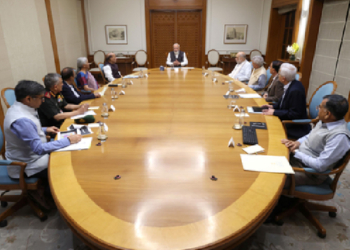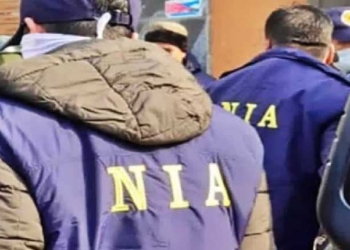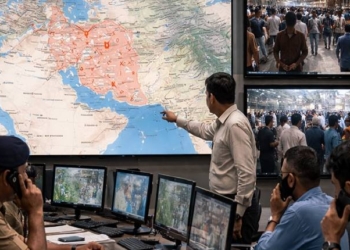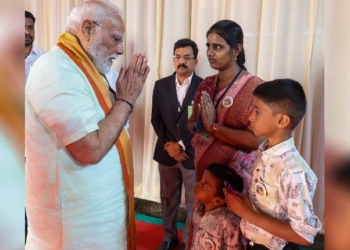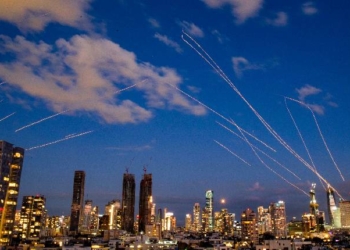New Delhi: The Supreme Court on Tuesday adjourned hearing on a public interest litigation (PIL) seeking directions to the Directors General of Police of the states to take immediate action in lynchings and mob violence cases in accordance with the directions laid down by the apex court.
A bench of Justices B.R. Gavai and K.V. Viswanathan could not take up the matter for hearing due to paucity of time.
As per the computerised case status, the plea is tentatively listed for a hearing on January 21.
In the previous hearing, the top court had pulled up the state governments of Assam, Chhattisgarh, Telangana, Maharashtra, and Bihar for not filing their counter-affidavits.
“We clarify that in the event the counter affidavits are not filed by the above-mentioned States, the Chief Secretaries of the said States shall remain personally present in the Court on the next date of hearing to show cause as to why an action should not be taken against them for non-compliance of the orders of the Court,” it had said in an order passed on November 5.
Earlier in April, the apex court had granted six weeks to various state governments to file their reply detailing the action taken in cases of lynchings and mob violence.
“It was expected of the state governments to at least respond and give details as to what action has been taken in respect of the said instances (of lynchings and mob violence). We, therefore, grant six weeks time to all the state governments – who have not yet filed their affidavits – to file their counter-reply and give an explanation as to what action has been taken by the states in respect of incidents mentioned in the writ petition or interlocutory applications,” the SC had said.
In July last year, the Supreme Court issued notice to the Centre and the Haryana, Madhya Pradesh, Bihar, Rajasthan, Odisha, and Maharashtra governments. Later, all state governments were added as parties in the PIL on an application moved by Islamic clerics’ organisation Jamiat Ulama-i-Hind. The plea prayed for a minimum uniform compensation to be determined by the court that should be granted to the victims or their families in addition to the amount determined by the authorities.
“In most cases, minimal action of merely registering FIRs is the only thing that is done by the authorities which seems to be more of a formality than any genuine initiation of the criminal machinery,” the plea said.
(IANS)





